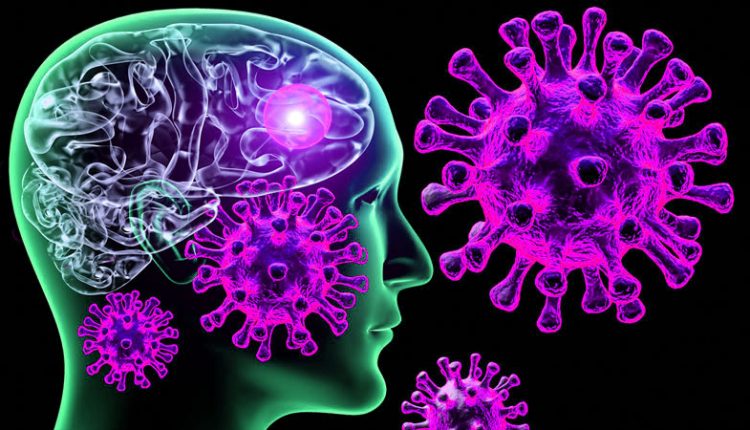Πως συνδέεται ο κορωνοϊός με το εγκεφαλικό; Την απάντηση έρχεται να δώσει το “The New England Journal of Medicine”, που εκδίδεται εβδομαδιαίως από την ιατρική κοινότητα της Μασαχουσέτης.
Brain stroke and Covid-19: a correlation? In a rapid communication published at the end of April in the New England Journal of Medicine, neurologists in New York City reported five cases of stroke of the great cerebral arteries over a two-week period in COVID-19 patients under 50 years of age: an incidence seven times higher than would normally be expected
What is brain stroke?
To function properly, the brain needs oxygen, which is carried by the bloodstream.
If there is a sudden interruption of blood flow to the brain, this is called a stroke: we distinguish between ischaemic stroke, when the interruption of blood flow is caused by the obstruction of an artery, and haemorrhagic stroke when there is a rupture of the artery (a less frequent phenomenon).
The study linking stroke and Covid-19
The patients had mild or no symptoms of COVID-19, underlining that the virus acts by facilitating blood clotting in the arteries.
A hyper-coagulation phenomenon that seems likely to cause strokes in larger cerebral arteries as opposed to smaller ones.
The study also shows that the strokes were more severe, with a higher mortality rate, and that the patients were younger than previously observed in strokes not associated with SARS-CoV-2 infection.
Stroke in younger Covid-19 patients
COVID-19 affects people of different age groups and causes very high mortality in the frail elderly.
But, as far as stroke is concerned, we see a phenomenon affecting a younger population, mainly under 50 years of age.
The young age of the affected patients could be linked to an increased reactivity, which causes – among other things – a condition of accentuated coagulability of the blood.
The study of these individuals makes it possible to rule out other possible causes, such as atrial fibrillation or diffuse atherosclerosis. Direct observation of the arteries (e.g. by ultrasound) does not show any abnormalities, except for a tendency to develop diffuse clots.
COVID-19 confronts us with new pathologies, but also with new observations of already known pathologies.
Careful observation and openness to the novelties that this new scenario presents us with enables us to treat patients optimally at all times.
The NEJM study on Covid-19 and stroke






